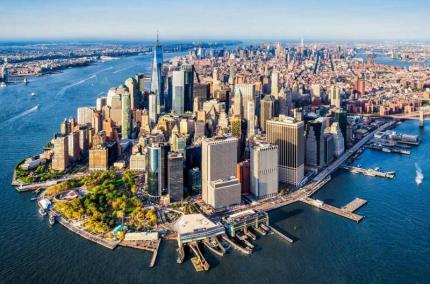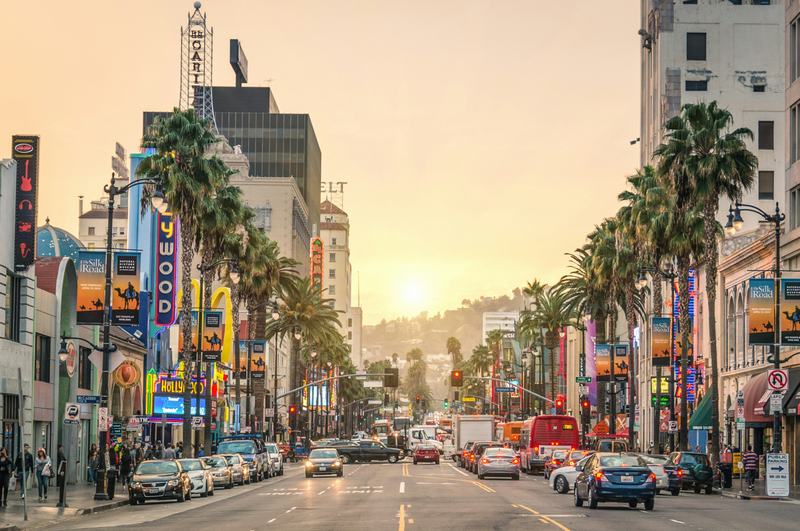Get free consultation
Fill out the form and we will contact you
When people ask “Which state is the richest in the U.S.?”, they often think of places filled with billionaires, luxury lifestyles, and booming economies. But wealth is not a simple concept. A state’s “richness” can be measured through several lenses: total GDP, GDP per capita, median household income, and cost of living. Each paints a different picture of how prosperity is distributed across the country. This article explores these key indicators to find out which state truly stands out as the wealthiest — and why the answer depends on how you define “rich.”
Before ranking the states, it’s important to clarify what we mean by “rich.”
Gross Domestic Product (GDP) measures the total economic output of a state. A high GDP indicates a strong economy, but not necessarily that every resident is well-off.
GDP per capita divides total GDP by population, offering a better view of economic output per person.
Median household income reflects the midpoint of earnings — meaning half of households earn more, and half earn less. This number tells us more about the typical resident’s standard of living.
Cost of living must also be considered. A high income in a state with soaring housing and healthcare costs doesn’t always translate to greater financial comfort.
If we measure wealth by total GDP, California ranks first, with an economy larger than most countries. It is home to major industries such as technology, entertainment, and agriculture. Following California are Texas and New York, both of which have diverse and powerful economies.
However, when we shift focus to GDP per capita, a different picture emerges. New York, Massachusetts, and Washington often top the list, showing that their economies produce more value per person. This means that although California’s economy is massive, its wealth is spread across a much larger population.
When it comes to what truly affects people’s daily lives, median household income may be the most telling indicator. States like Massachusetts, New Jersey, and Maryland consistently report some of the highest median incomes in the nation.
These states share common features: strong education systems, a concentration of high-paying industries (like tech, healthcare, and finance), and access to major metropolitan areas. Residents typically enjoy better public services and higher-quality living standards, although costs of living are also among the highest in the country.
If we define “richest” by total economic power, the answer is clear — California. Its GDP surpasses that of many entire countries, making it the economic engine of America.
But if we define “richest” by average prosperity per resident or standard of living, Massachusetts often comes out on top. The state boasts an educated workforce, thriving technology and biotech sectors, and some of the highest wages in the nation.
Ultimately, the richest state depends on the criteria you choose. California is the economic giant; Massachusetts represents financial and educational affluence on a per-person level.
Massachusetts thrives on its knowledge-based economy. The presence of world-class universities like Harvard and MIT fuels innovation in medicine, research, and technology. Jobs in these sectors command high salaries, which explains the state’s high household income.
California, on the other hand, owes its wealth to scale and diversity. From Silicon Valley’s tech giants to Hollywood’s entertainment empire and the vast Central Valley agriculture industry, its economy is broad, powerful, and globally influential. Despite its immense GDP, the state faces challenges such as housing costs, income inequality, and high taxes — all of which affect the real experience of “wealth.”
Education and Workforce Quality – States with higher education levels tend to attract better-paying industries.
Economic Structure – States specializing in technology, finance, and healthcare create more value than those reliant on traditional manufacturing or agriculture.
Access to Global Markets – Ports, airports, and international investments enhance growth.
Population and Scale – Larger states may have high total GDP but lower GDP per capita if income is unevenly distributed.
Cost of Living – High income can be offset by expensive housing, taxes, and daily expenses.
These factors intertwine to determine not only a state’s wealth but also the quality of life for its people.
It’s easy to assume that high-income states are uniformly prosperous, but wealth is not evenly distributed. Even in the richest states, income inequality remains a challenge. A handful of high earners can skew averages upward, masking the struggles of lower- and middle-income households.
Moreover, high salaries in states like California or New York often come with equally high expenses. A six-figure income may not stretch far in San Francisco or Manhattan, where rent and taxes eat up a significant portion of earnings.
That’s why economists emphasize considering real purchasing power — what your income can actually buy — when comparing wealth between regions.
So, which state is truly the richest in America? The answer depends on perspective.
California is the richest by total GDP — the economic powerhouse that drives innovation and production across the nation.
Massachusetts is the richest by per capita income and living standards — symbolizing knowledge, education, and economic balance.
Both states illustrate two sides of American prosperity: scale versus sophistication. Together, they show that wealth is not just about numbers, but about opportunity, equality, and quality of life.
Understanding how these metrics interact offers valuable insight into America’s economic geography — and helps us appreciate that “rich” can mean very different things depending on where you stand.
Fill out the form and we will contact you



